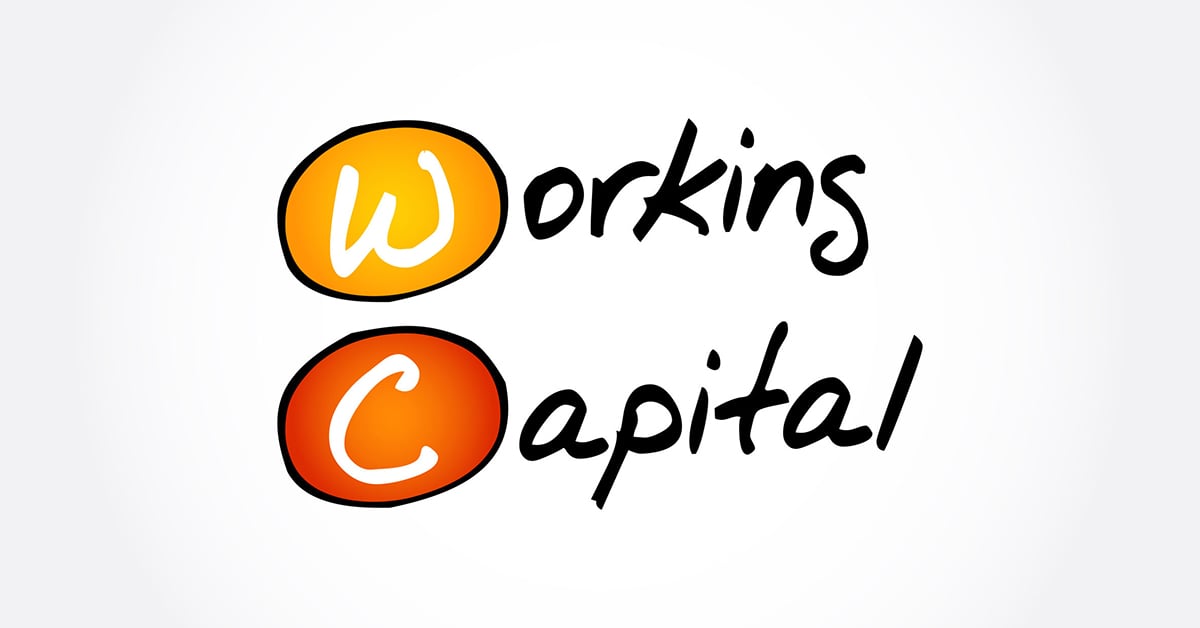John Cleese, well known for his roles in shows like Monty Python and Fawlty Towers, and the movie A Fish Called Wanda, had spent a substantial portion of his career doing something you might never guess. For several decades he was a top producer of business training videos through the company he founded, Video Arts. ‘The Control of Working Capital’ (1978) addressed how to free working capital that is trapped within a business. It illustrated that even a thriving business can become hamstrung by a lack of accessible cash tied up in 4 areas: purchasing, manufacturing, sales and credit control.
Working capital is such an important success factor for businesses that we at FocusCFO created our own workshop for owners and managers called ‘The Cash Flow Factory’ – a proactive operating discipline that maximizes control over cash flow. While very informative, I’ll admit most of us cannot deliver it in as entertaining a manner as John Cleese.
How Can a Working Capital Loan Build Success for a Small Business?
Many small businesses do not have stable or predictable revenue throughout the year; instead, their cash flow is seasonal, with regular ups and downs. For these businesses, a working capital loan can fill in the gaps and ensure that there’s enough money available to cover expenses even during periods of low cash flow.
Even for businesses with more predictable revenue, pursuing new growth can be risky. For instance, a business owner may want to use his available cash to invest in new inventory or produce a new product line. However, with utilities, rent and other regular expenses, it may seem too risky to spend cash freely. With regular access to cash through a working capital loan, a small business can pursue new markets and other goals, with no need to worry about paying the bills on a day-to-day basis.
What’s a Working Capital Loan?
A working capital loan is used to finance a business’s everyday operations. The loan provides a business with capital to cover operational needs such as payroll and rent. It is not used to purchase long-term assets like equipment or real estate.
Some working capital loans work like a business line of credit, with an agreed-upon amount of cash available for the business owner to use as needed. With a line of credit, the monthly payment is based on how much has been used. A line of credit can be open for an unspecified period of time, allowing a business owner to use, repay and reuse the funds.
Invoice factoring is another type of working capital loan in which a business sells its accounts receivables (or invoices) to a factoring company. The factoring company will pay for the invoices, minus a service fee. Then the factoring company will collect from customers, and the small business will be able to use the capital, rather than waiting for customers to pay.
How Can a Small Business Qualify for a Working Capital Loan?
Before applying for a working capital loan, a small business should have a current, updated business plan. Lenders need to see where the business is going before agreeing to finance that future. In addition, lenders will want to analyze past tax returns and financial statements — and any relevant legal documents. FocusCFO regularly assists many of our clients through the loan application process, working directly and collaboratively with lenders. Our CFOs are well accustomed to crafting detailed ‘bank packages’, based on our extensive experience with the information that credit officers and underwriters often use to base decisions. These bank packages are designed to best position the business in the eyes of the lender, by weaving the quantitative picture with a clear narrative of the current business and its future prospects.
Michael Stier is an Area President for FocusCFO based in Charlotte, NC.





